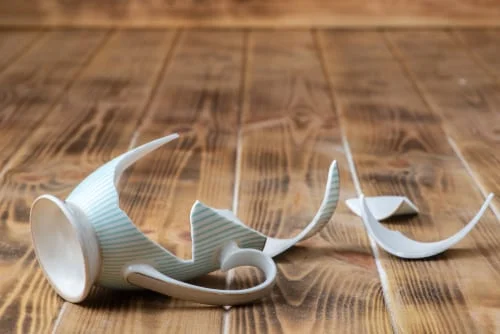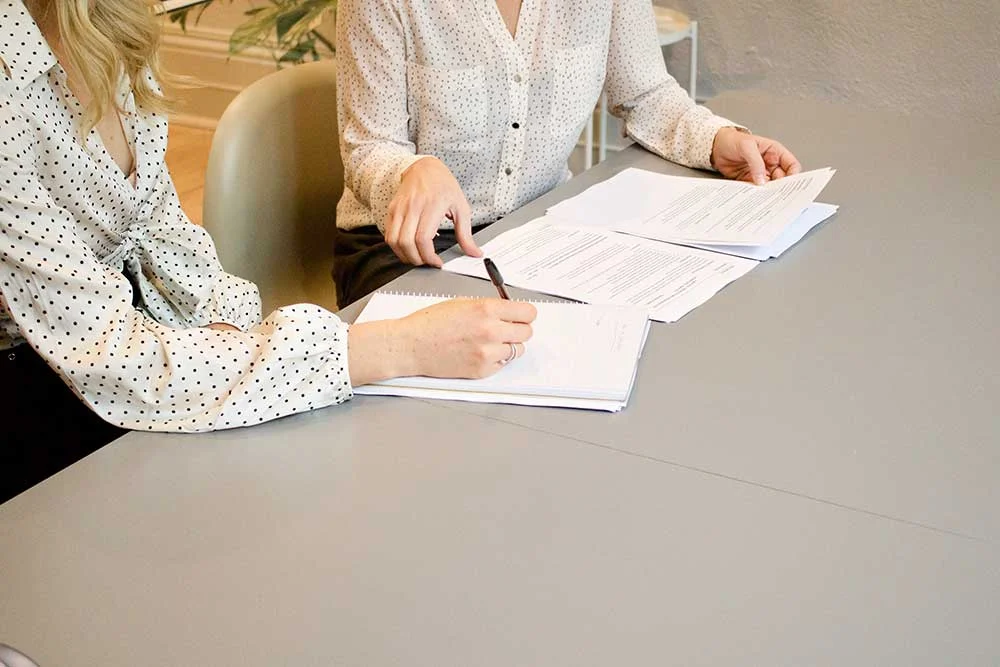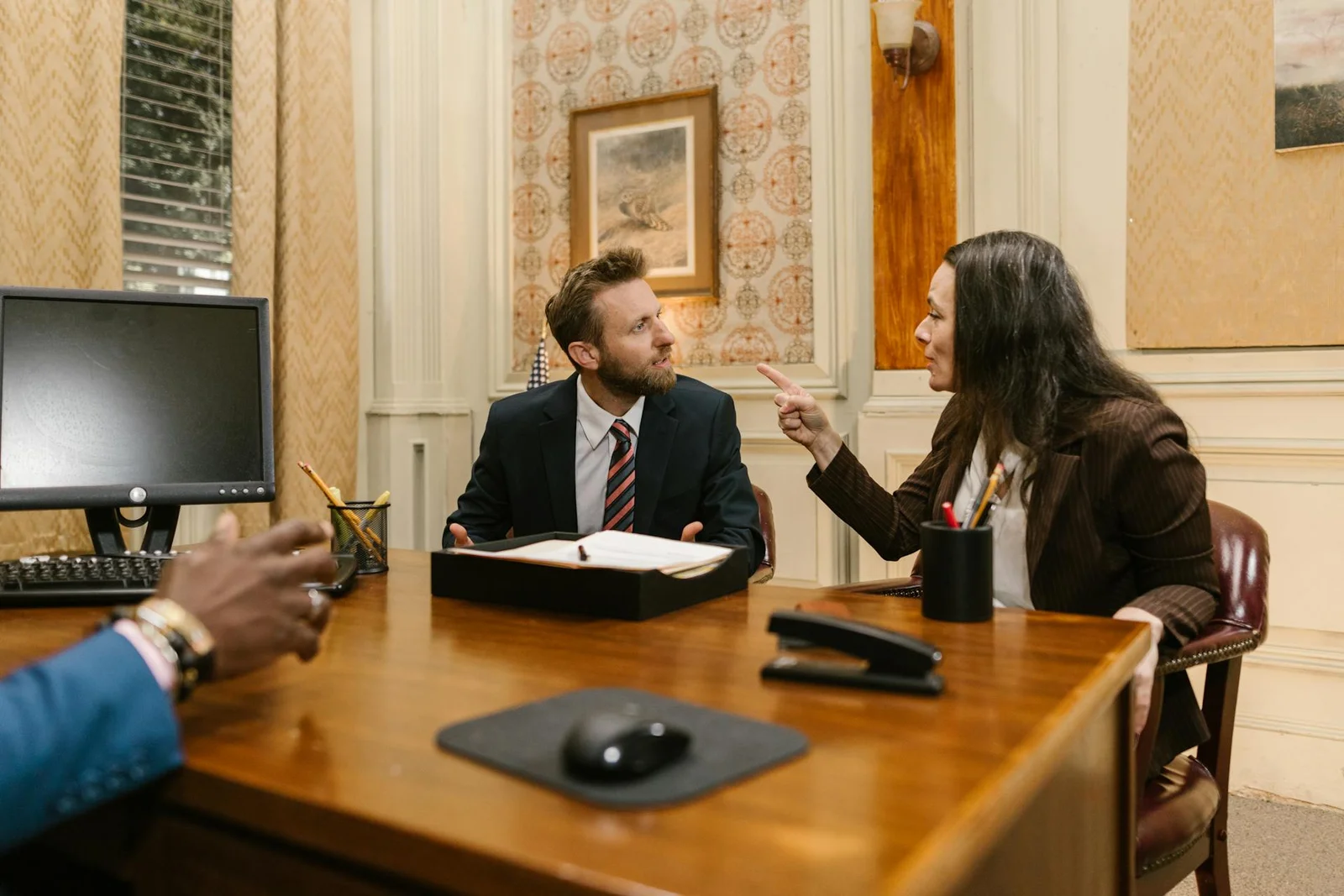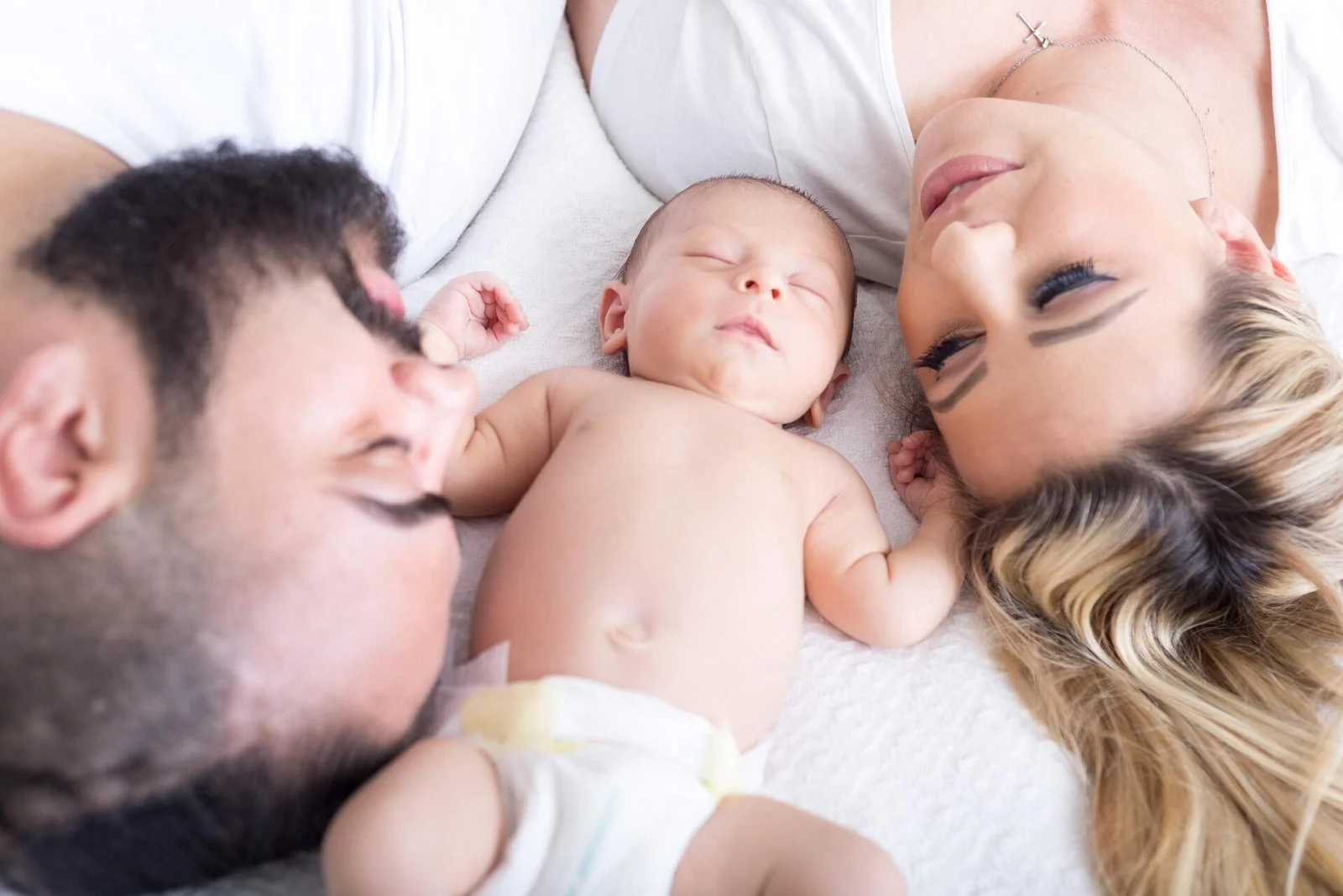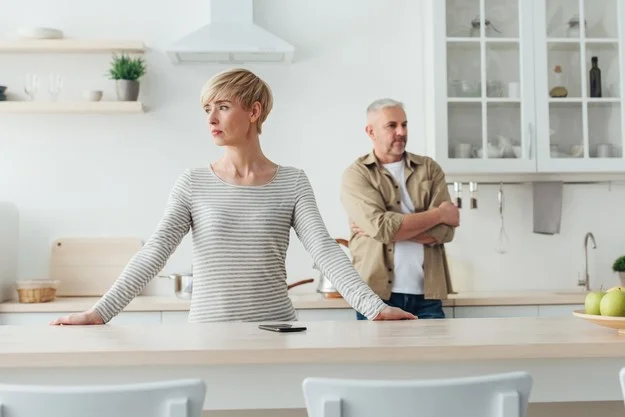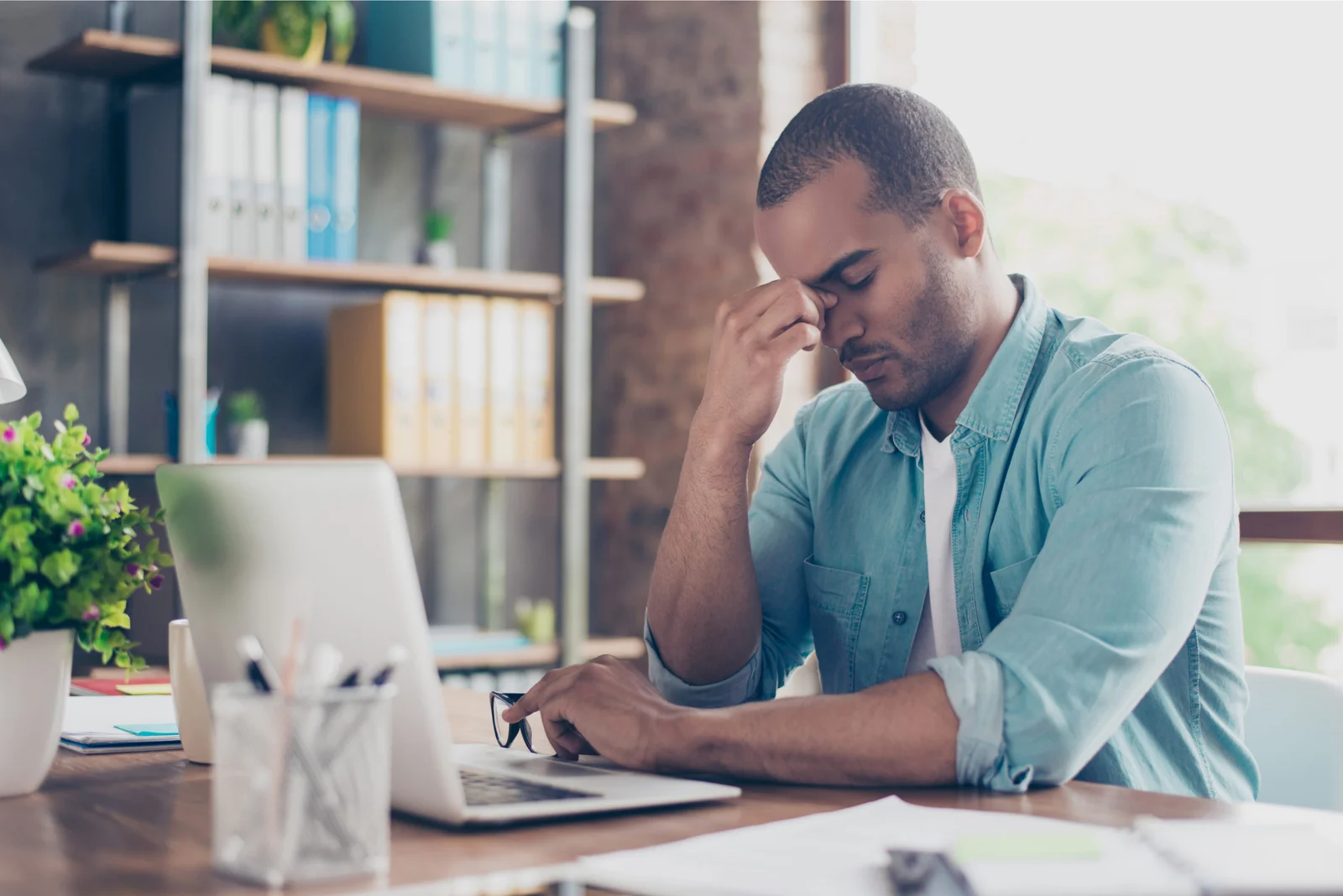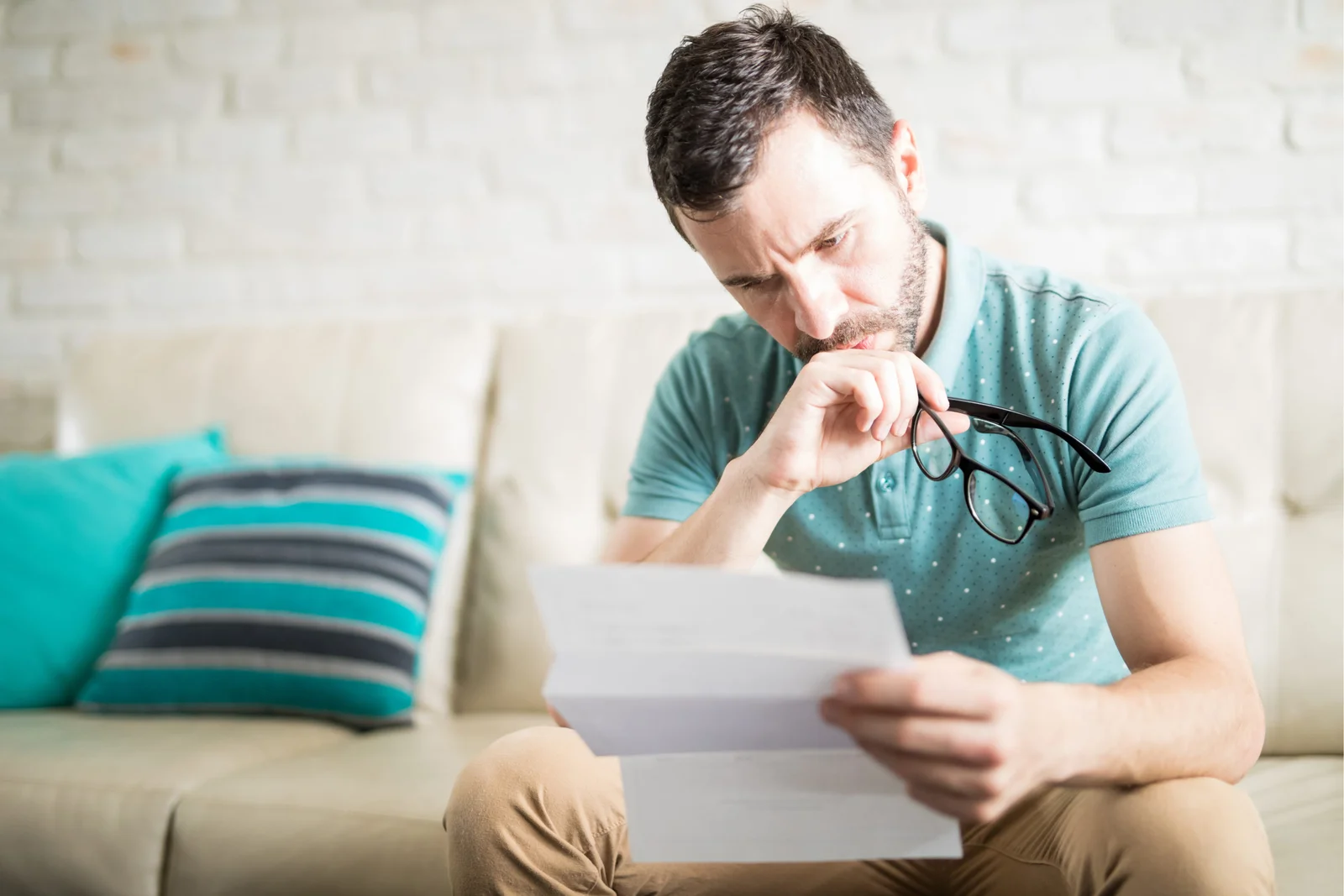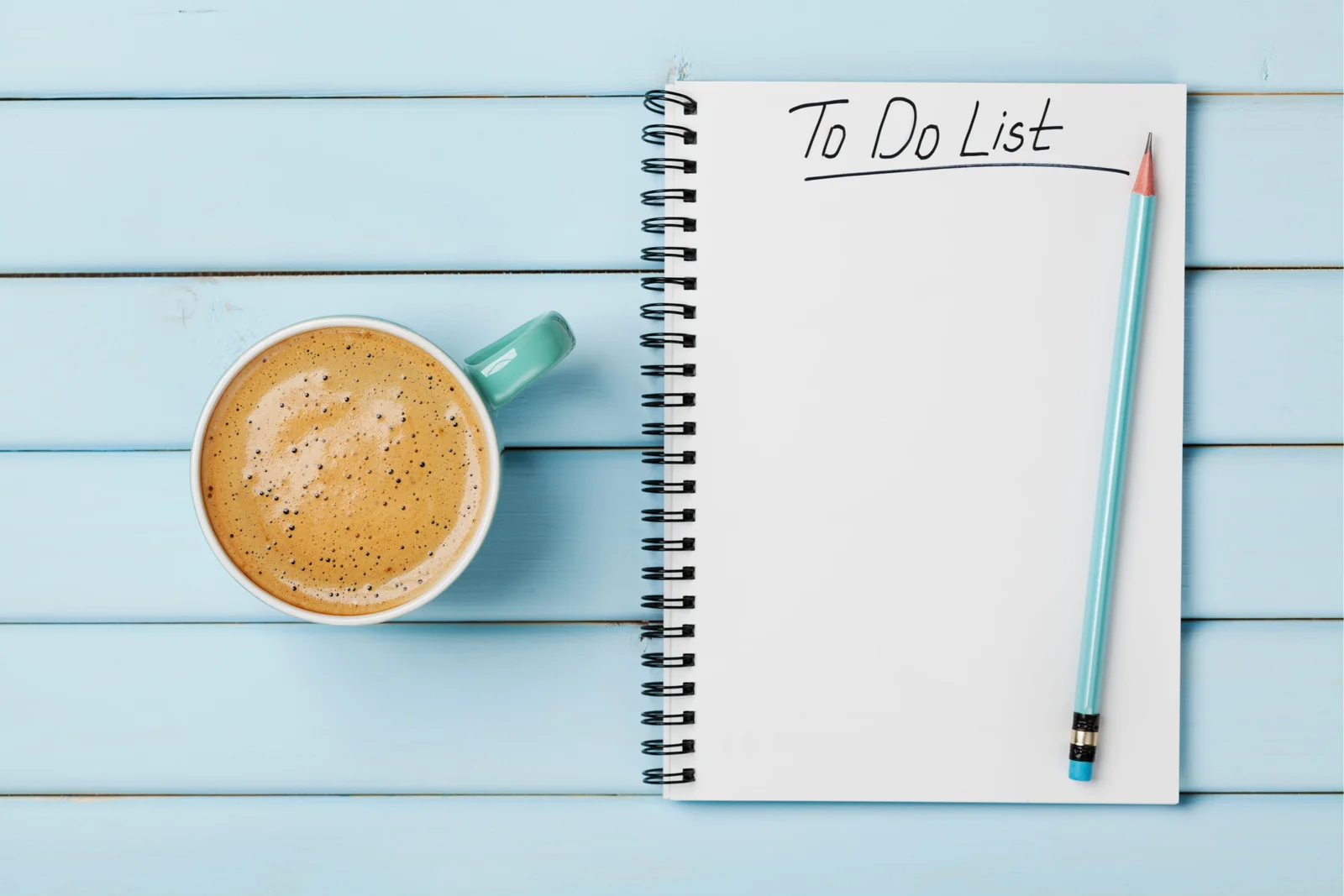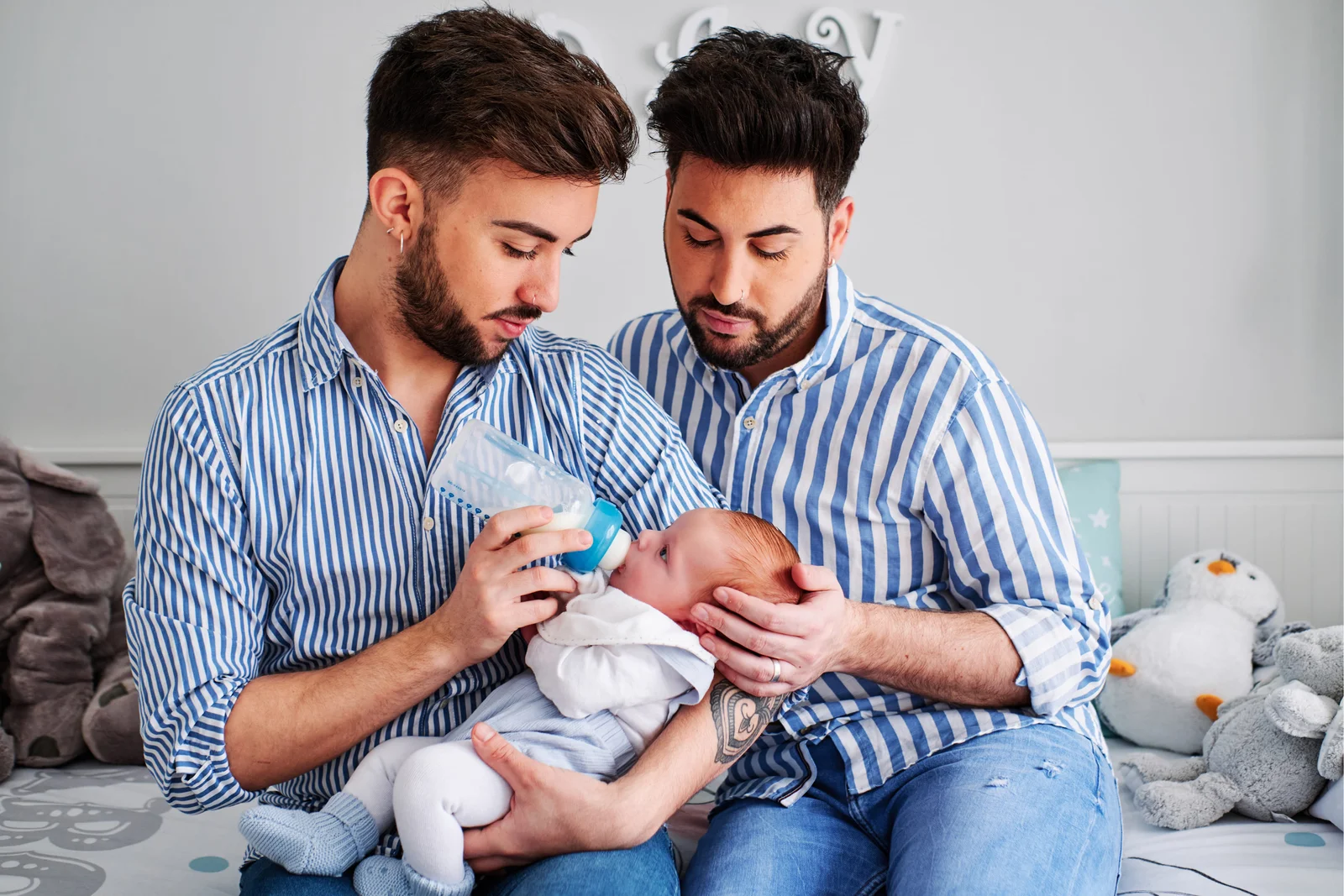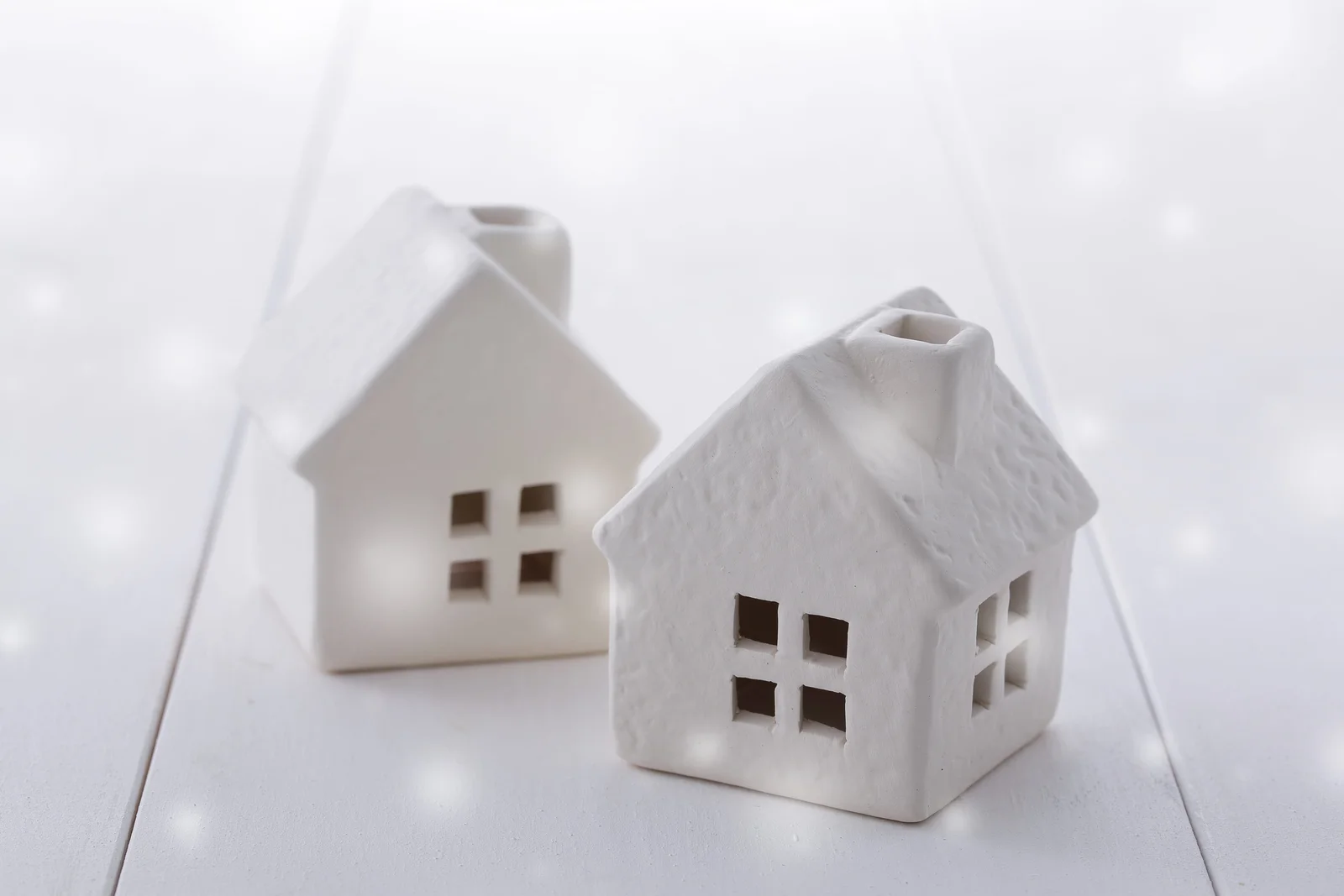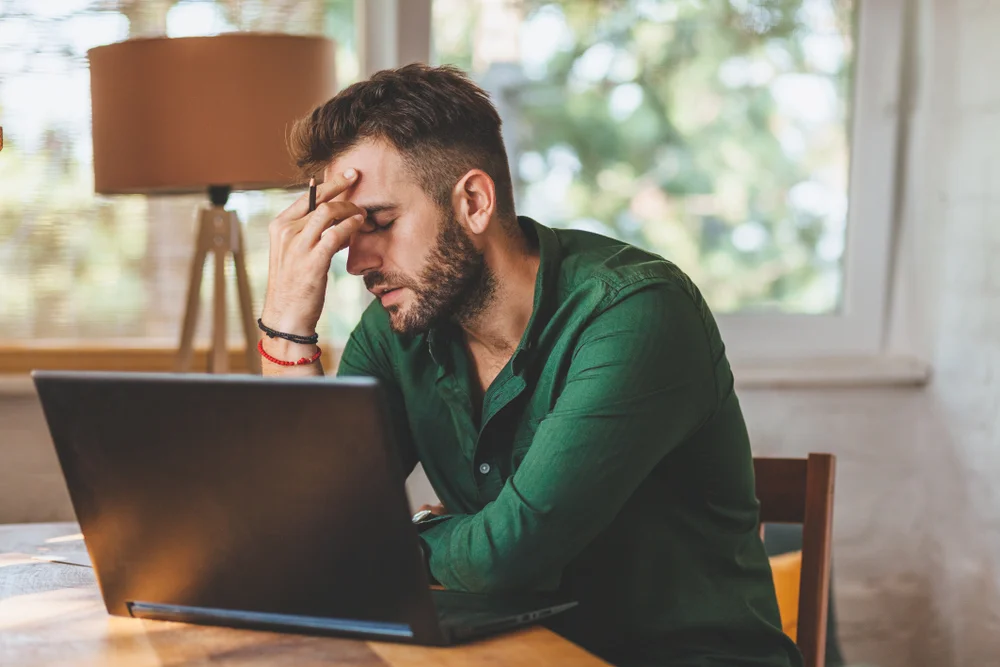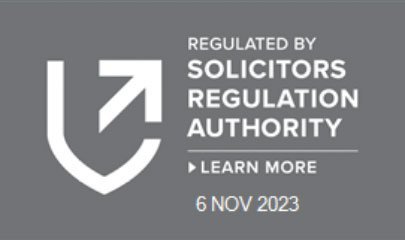When you do realise that your partner is behaving in an unacceptable way, there are people who can listen and help you decide your next steps. You might not want, or feel able, to end your relationship, but it is important to get help to end the abuse. Without intervention, it is unlikely that the abuse will stop on its own.
There are many ways to ask for help, including:
- Speaking to a trusted friend or family member
- Speaking to your GP
- Contacting the National Centre for Domestic Violence
- Contacting the 24-hour National Domestic Violence Freephone Helpline: 0808 2000 247 – run as a partnership between Refuge and Women’s Aid
- Contacting Victim Support’s Domestic Violence Service – they are independent of the police and able to support you for as long as you need.
- Visiting a Safe Space at Boots, Superdrug Pharmacy, Morrisons Pharmacy and many independent pharmacies where there will be specialist domestic abuse support information for you to access and facilities for you to make a call safely (update 2020).
If you feel unsafe, we would always recommend that you contact the police. If you have already done this or believe that it has no effect on your partner’s conduct you can take further steps through the courts.
A letter from a solicitor threatening court action might act as a deterrent. However, it is not always appropriate to give notice, in high-risk situations it might be recommended that you apply for an urgent injunction.
There are two types of injunction that are intended to protect you and/or any children who are affected by the abuse:
- An Occupation Order – which can remove your partner from the home and deny them the right to access certain areas outside of the home.
- A Non-Molestation Order – which can be issued where there is violence, threat of violence, intimidation, harassment and pestering.
A breach of a non-molestation order has serious consequences. It is a criminal offence for which a person can be arrested and is punishable by up to 5 years imprisonment. The court will consider making a non-molestation order to secure your health, safety and well-being and the same for any relevant children. You will need to provide evidence that protection is required, such as medical/police reports, a GP letter, photographs of injuries or even a statement from a witness (such as a family member or friend). This is important as injuries may heal and evidence of them can be crucial, especially if your partner denies their actions.
Whether you are ready to seek help or not, you might consider keeping a private record of the abuse you are experiencing, as this can help you if and when the time comes. You can also download the Hollie Guard App, which turns a smart phone into a personal safety device alerting nominated contacts or the police if you are in danger as well as recording video and audio if necessary, the evidence is admissible in court.
Legal Advice
For further advice on protecting yourself from domestic abuse, please contact Louise Allard or Sabrina Bailey on 020 7993 2936.

